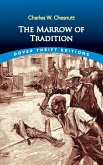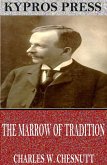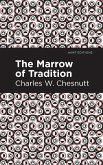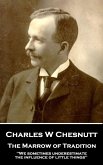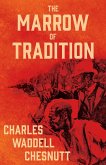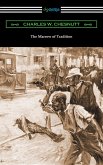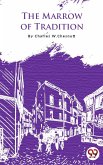In "The Marrow of Tradition," Charles W. Chesnutt intricately weaves a narrative set against the turbulent backdrop of the Reconstruction Era in the American South. Through the lens of intersecting lives-primarily that of a mixed-race man and a white family-the novel crafts a poignant exploration of race, identity, and social justice. Chesnutt employs sophisticated literary styles, including a blend of realism and naturalism, to delve into the complexities of societal structures and the haunting legacy of slavery. The novel's richly developed characters and layered storytelling illuminate the pervasive injustices and the pursuit of dignity amidst a racially divided society, making it a seminal work in African American literature. Chesnutt, himself the son of free African Americans, was acutely aware of the societal challenges faced by his community, which deeply informed his writing. His experiences growing up in a racially stratified society not only shaped his personal narrative but also positioned him as a pivotal voice advocating for racial equality. As a pioneer of African American literature, Chesnutt's works often reflect his commitment to confronting racial prejudice and his desire to advocate for progressive reform during a time of significant change. For readers seeking a profound understanding of race relations in America, "The Marrow of Tradition" is an essential text that continues to resonate today. Chesnutt's compelling narrative voice and insightful commentary on social dynamics urge readers to reflect on the past while contemplating future possibilities for reconciliation and justice. This classic holds a mirror to society, challenging us to confront uncomfortable truths and inspiring a deeper discourse on race and equality.
Dieser Download kann aus rechtlichen Gründen nur mit Rechnungsadresse in A, B, BG, CY, CZ, D, DK, EW, E, FIN, F, GR, HR, H, IRL, I, LT, L, LR, M, NL, PL, P, R, S, SLO, SK ausgeliefert werden.



